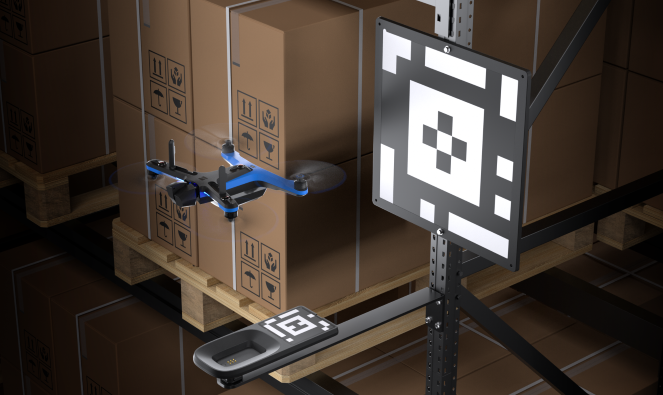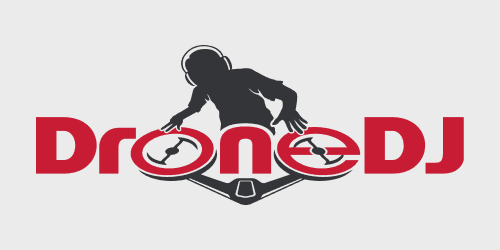
US drone maker Skydio has announced the launch of three new drone-in-a-box products: Skydio Dock, Skydio Dock Lite, and Remote Ops software.
Typically, drone-in-a-box systems are docking and recharging stations that can help to automate drone flights if the local regulations permit so. They can prove incredibly useful in a variety of scenarios, including remote site inspection and monitoring as well as situational awareness.
Now, Skydio Dock and Dock Lite are no different, but they come with the added advantage of Skydio Autonomy, an AI-powered technology that has helped the company to produce some of the smartest drones out there. And, of course, these offerings come from American shores instead of global drone leader China, which could be a consideration for government operations.
But perhaps an even bigger draw for enterprises is going to be Skydio’s regulatory team.
Getting approvals from the FAA for advanced drone-in-a-box operations, specifically beyond visual line of sight (BVLOS) flights, is no cakewalk. The regulatory process requires organizations to document their program policies and flight operations extremely thoroughly so that risk mitigation and safety measures are clear. Naturally, most drone users find this process to be daunting.
Skydio’s regulatory team makes it easier to obtain approvals to conduct remote operations. It’s filled with experts who have experience with the largest and most complex enterprise programs and have already obtained multiple remote operations waivers for US and global customers. And “many more [are] in progress,” the company is quick to point out. So, if you’re thinking of getting a Dock or Dock Lite (whenever they’re made publically available), you can be assured of assistance in terms of securing waivers and exemptions from the FAA.
Which brings us back to the basics: How are Skydio Dock and Dock Lite different from one another?
The Skydio Dock is your standard drone docking station that measures 24 x 24.3 x 12 inches and weighs 62 pounds. Skydio Dock Lite, meanwhile, is built specifically for indoor operations and comes in the form of a drone cradle, measuring 4.9 x 11.8 x 1.9 inches and weighing just 0.46 pounds.

In addition to size, the biggest difference between Dock and Dock Lite is the environment they can operate in. Dock’s temperature-controlled enclosure allows it to operate in complex environments, indoors and out, in all weather conditions. Dock Lite is meant to operate in secure, climate-controlled indoor environments, such as what you’d find in a warehouse.
Skydio is billing the Dock and Dock Lite docking stations as the “smallest, lightest, and smartest” cloud-connected drone-in-a-box solutions with the new Remote Ops software enhancing the autonomy of missions. They are also the “most affordable options available on the market,” according to the company, though the price is yet to be revealed.
Adam Bry, CEO of Skydio, says:
The concept of remotely operated drones is incredibly compelling. It has attracted a gaggle of activity from startups and established manual drone companies, but it’s never going to work the way customers want — let alone scale to address real-world applications solving the needs of today — unless you can trust the drone to fly itself. And making drones smart enough to fly themselves is our core focus.
It’s also worth noting that Skydio’s drone docking solution has been in the making for a while now, which means the company has had a fair chance to test its efficacy. Some of the early customers who had access to the product include the North Carolina Department of Transportation, Southern Company, Caltrans, the Oracle Innovation Lab, and Japan’s Obayashi Construction.
Here’s what Thomas Walls, the UAS operations manager at the North Carolina Department of Transportation, had to say about the product:
[With this technology] we’re able to monitor construction progress in more efficient ways than we previously could. We’re capturing images and videos, and live-streaming the feed back to our resident engineers for real-time data. It’s a big cost saver for us, and we look forward to implementing it around the state for multiple applications and use cases.
Find more details about the solution here.
Read: New Skydio SAFE program assures 5-year focused support to drone teams
FTC: We use income earning auto affiliate links. More.








Comments